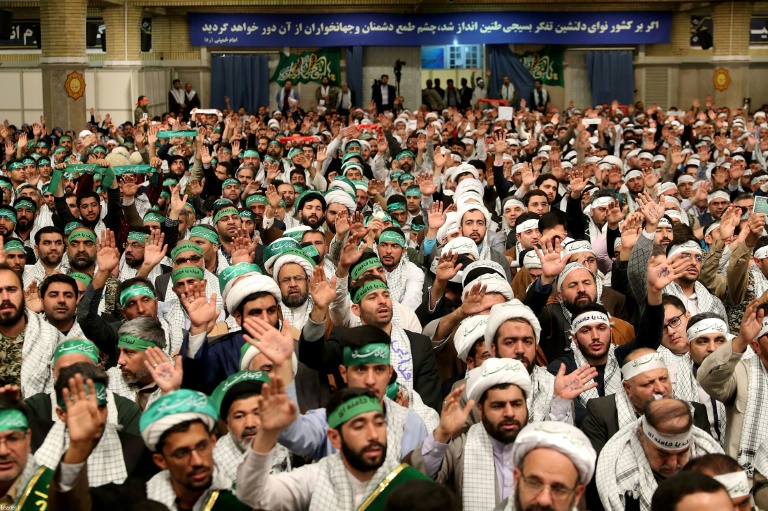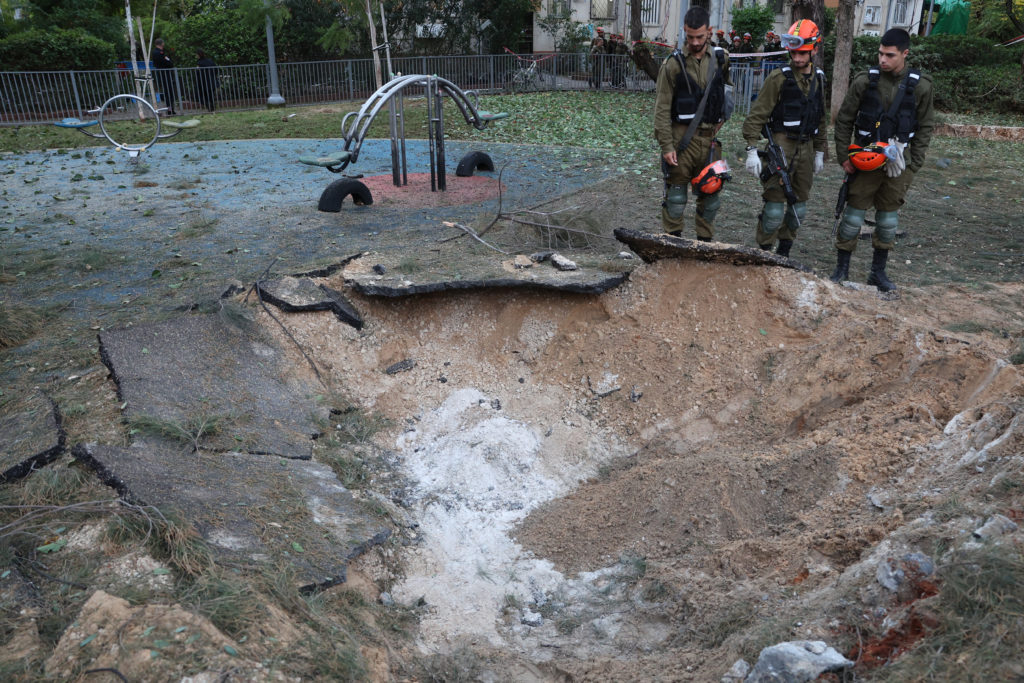The United States slapped fresh sanctions on a dozen Iranian officials and entities for “serious” human rights abuses Tuesday, days after nuclear talks with Tehran halted with no sign of progress.
The sanctions announced by the Treasury and State Department targeted government officials and organizations involved in the repression of protesters and political activists, and prisons where activists have been held in brutal conditions.
The Treasury also placed several Syrian officials on its sanctions blacklist for their roles in political repression and chemical gas attacks, and Uganda’s military intelligence chief was hit with sanctions for extreme abuse of people arrested for their nationality or political beliefs.
The announcement came ahead of the Washington-hosted Summit for Democracy later this week, billed as a push to promote more free and open societies.
“The United States is committed to promoting democracy and accountability for those who abuse human rights around the world,” said Secretary of State Antony Blinken in a statement.
“The United States will utilize its full range of tools to highlight and disrupt these abuses of human rights,” he said.
The Iranian sanctions singled out officials and entities involved in brutal crackdowns on protests in 2009 and 2019, including Hassan Karami, the commander of the LEF Special Units which are focused on crowd control and protest suppression, the Treasury said.
Also named was Gholamreza Soleimani, who commands the Basij, the country’s Islamic militia also involved in deadly crackdowns in 2009 and 2019.
The Syrians blacklisted included two air force major generals, Tawfiq Muhammad Khadour and Muhammad Youssef Al-Hasouri, who the Treasury said were responsible for chemical gas attacks that killed numerous civilians in 2017 and 2018.
The Ugandan hit with sanctions was the commander of the Chieftaincy of Military Intelligence, Major General Abel Kandiho.
People arrested by Kandiho’s bureau “were subjected to horrific beatings and other egregious acts by (military intelligence) officials, including sexual abuse and electrocutions, often resulting in significant long-term injury and even death,” the Treasury said.
The US Treasury “will continue to defend against authoritarianism, promoting accountability for violent repression of people seeking to exercise their human rights and fundamental freedoms,” said Andrea Gacki, head of the Treasury’s sanctions office.











